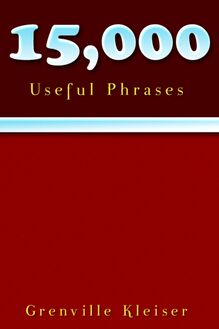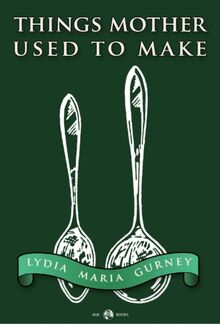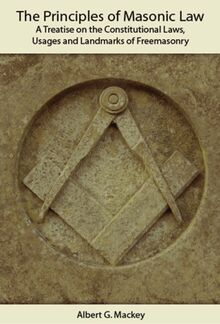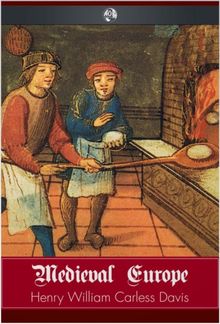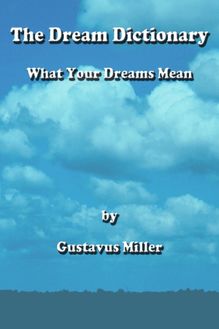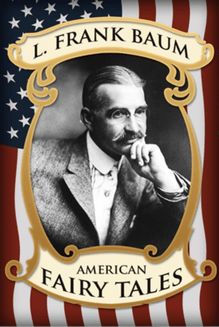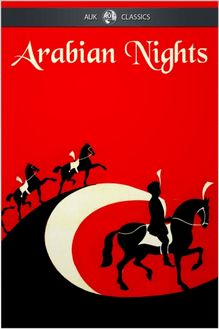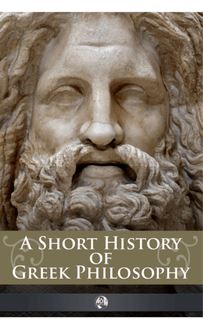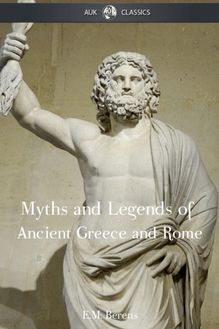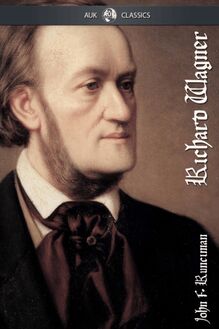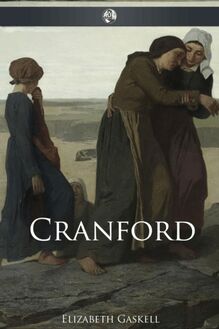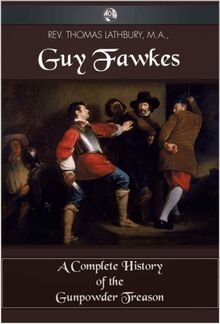-
 Univers
Univers
-
 Ebooks
Ebooks
-
 Livres audio
Livres audio
-
 Presse
Presse
-
 Podcasts
Podcasts
-
 BD
BD
-
 Documents
Documents
-
- Cours
- Révisions
- Ressources pédagogiques
- Sciences de l’éducation
- Manuels scolaires
- Langues
- Travaux de classe
- Annales de BEP
- Etudes supérieures
- Maternelle et primaire
- Fiches de lecture
- Orientation scolaire
- Méthodologie
- Corrigés de devoir
- Annales d’examens et concours
- Annales du bac
- Annales du brevet
- Rapports de stage
La lecture à portée de main
Vous pourrez modifier la taille du texte de cet ouvrage
Découvre YouScribe en t'inscrivant gratuitement
Je m'inscrisDécouvre YouScribe en t'inscrivant gratuitement
Je m'inscrisEn savoir plus
Vous pourrez modifier la taille du texte de cet ouvrage
En savoir plus

Description
Informations
| Publié par | Andrews UK |
| Date de parution | 29 septembre 2010 |
| Nombre de lectures | 0 |
| EAN13 | 9781849892223 |
| Langue | English |
Informations légales : prix de location à la page 0,0224€. Cette information est donnée uniquement à titre indicatif conformément à la législation en vigueur.
Extrait
Title Page
MEDIEVAL EUROPE
By
Henry Davis
Publisher Information
This electronic version published in 2010 by
Andrews UK Limited
www.andrewsuk.com
This edited version, including layout, typography, additions to text, cover artwork and other unique factors is copyright Andrews UK 2010. No part of this digital publication may be reproduced, stored in a retrieval system or transmitted in any form or by any means electronic, mechanical, photocopying, recording or otherwise without written permission of the copyright owner.
Introduction
All divisions of history into periods are artificial in proportion as they are precise. In history there is, strictly speaking, no end and no beginning. Each event is the product of an infinite series of causes, the starting-point of an infinite series of effects. Language and thought, government and manners, transform themselves by imperceptible degrees; with the result that every age is an age of transition, not fully intelligible unless regarded as the child of a past and the parent of a future. Even so the species of the animal and vegetable kingdoms shade off one into another until, if we only observe the marginal cases, we are inclined to doubt whether the species is more than a figment of the mind. Yet the biologist is prepared to defend the idea of species; and in like manner the historian holds that the distinction between one phase of culture and another is real enough to justify, and, indeed, to demand, the use of distinguishing names. In the development of single communities and groups of communities there occurs now and again a moment of equilibrium, when institutions are stable and adapted to the needs of those who live under them; when the minds of men are filled with ideas which they find completely satisfying; when the statesman, the artist, and the poet feel that they are best fulfilling their several missions if they express in deed and work and language the aspirations common to the whole society. Then for a while man appears to be the master of his fate; and then the prevailing temper is one of reasoned optimism, of noble exaltation, of content allied with hope. The spectator feels that he is face to face with the maturity of a social system and a creed. These moments are rare indeed; but it is for the sake of understanding them that we read history. All the rest of human fortunes is in the nature of an introduction or an epilogue. Now by a period of history we mean the tract of years in which this balance of harmonious activities, this reconciliation of the real with the ideal, is in course of preparing, is actually subsisting, and is vanishing away.
Such a period were the Middle Ages - the centuries that separate the ancient from the modern world. They were something more than centuries of transition, though the genius of a Gibbon has represented them as a long night of ignorance and force, only redeemed from utter squalor by some lingering rays of ancient culture. It is true that they began with an involuntary secession from the power which represented, in the fifth century, the wisdom of Greece and the majesty of Rome; and that they ended with a jubilant return to the Promised Land of ancient art and literature. But the interval had been no mere sojourning in Egypt. The scholars of the Renaissance destroyed as much as they created. They overthrew one civilisation to clear the ground for another. It was imperative that the old canons of thought and conduct should be reconsidered. The time comes in the history of all half-truths when they form the great obstacles to the pursuit of truth. But this should not prevent us from recognising the value of the half-truth as a guide to those who first discover it; nor should we fall into the error, common to all reformers, of supposing that they comprehend the whole when they assert the importance of the neglected half. Erasmus had reason on his side; but so, too, had Aquinas. Luther was in his rough way a prophet; but St. Bernard also had a message for humanity.
Medieval culture was imperfect, was restricted to a narrow circle of superior minds, offered no satisfaction to some of the higher faculties and instincts. Measure it, however, by the memories and the achievements that it has bequeathed to the modern world, and it will be found not unworthy to rank with those of earlier and later Golden Ages. It flourished in the midst of rude surroundings, fierce passions, and material ambitions. The volcanic fires of primitive human nature smouldered near the surface of medieval life; the events chronicled in medieval history are too often those of sordid and relentless strife, of religious persecutions, of crimes and conquests mendaciously excused by the affectation of a moral aim. The truth is that every civilisation has a seamy side, which it is easy to expose and to denounce. We should not, however, judge an age by its crimes and scandals. We do not think of the Athenians solely or chiefly as the people who turned against Pericles, who tried to enslave Sicily, who executed Socrates. We appraise them rather by their most heroic exploits and their most enduring work. We must apply the same test to the medieval nations; we must judge of them by their philosophy and law, by their poetry and architecture, by the examples that they afford of statesmanship and saintship. In these fields we shall not find that we are dealing with the spasmodic and irreflective heroisms which illuminate a barbarous age. The highest medieval achievements are the fruit of deep reflection, of persevering and concentrated effort, of a self forgetting self in the service of humanity and God. In other words, they spring from the soil, and have ripened in the atmosphere, of a civilised society.
I
The Fall Of The Roman Empire
Medieval history begins with the dissolution of the Western Empire, with the abandonment of the Latin world to German conquerors. Of the provinces affected by the catastrophe the youngest was Britain; and even Britain had then been Roman soil for more than three hundred years. For Italy, Spain, and Gaul, the change of masters meant the atrophy of institutions which, at first reluctantly accepted, had come by lapse of time to be accepted as part of the natural order. Large tracts of Europe lay outside the evacuated provinces; for the Romans never entered Ireland or Scandinavia or Russia, and had failed to subjugate Scotland and the greater part of modern Germany. But the Romanised provinces long remained the dominant force in European history; the hearth-fire of medieval culture was kindled on the ruins of the Empire. How far the victorious Teuton borrowed from the conquered provincial is a question still debated; the degree and the nature of Rome’s influence on the new rulers varied in every province, indeed in different parts of the same province. The fact of the debt remains, suggesting a doubt whether in this case it was indeed the fittest who survived. The flaws in a social order which has collapsed under the stress of adverse fortunes are painfully apparent. It is natural to speak of the final overthrow as the judgment of heaven or the verdict of events. But it has still to be proved that war is an unfailing test of worth; we have banished the judicial combat from our law courts, and we should be rash in assuming that a process obviously absurd when applied to the disputes of individuals ought to determine the judgments of history on nationalities or empires.
The immediate and obvious causes which ruined the Western Empire were military and political - the shortcomings of a professional army and professional administrators. If asked whether these shortcomings were symptomatic of evils more generally diffused through other ranks and classes of society, we must go deeper in the analysis of facts. No a priori answer would be satisfactory.
The beginning and the end of the disaster were successful raids on Italy. Alaric and his Visigoths (401-410 A.D.) shattered the prestige and destroyed the efficiency of the government which ruled in the name of the feeble Honorius. The Ostrogoths under Theodoric destroyed the last simulacrum of an imperial power rooted in Italy (489-493 A.D.). After Theodoric had vanquished Odoacer, it was clear that the western provinces would not again acknowledge an Emperor acclaimed at Ravenna; although the chance remained that they might be reconquered and reorganised from Constantinople. This chance disappeared when the Lombards crossed the Alps (568 A.D.) and descended on the Po valley. From first to last Italy was the key to the West. And these successive shocks to imperial power in Italy were all due to one cause. All three of the invading hordes came from the Danube. The Roman bank of the great river was inadequately garrisoned, and a mistaken policy had colonised the Danubian provinces with Teutonic peoples, none the less dangerous for being the nominal allies ( foederati ) of the Empire. The Visigothic raids, which were in fact decisive, succeeded because the military defences of the Western Empire were already strained to breaking-point; and because the Roman armies were not only outnumbered, but also paralysed by the jealousies of rival statesmen, and divided by the mutinies of generals aspiring to the purple. The initial disasters were irreparable, because the whole machine of Roman officialdom came to a standstill when the guiding hand of Ravenna failed. Hitherto dependent on Italy, the other provinces were now like limbs amputated from the trunk. Here and there a local leader raised the standard of resistance to the barbarians. But a large proportion of the provincials made peace on the best terms they could obtain. Such are the essential facts.
Evidently the original error of the Romans was the undue extensio
-
 Univers
Univers
-
 Ebooks
Ebooks
-
 Livres audio
Livres audio
-
 Presse
Presse
-
 Podcasts
Podcasts
-
 BD
BD
-
 Documents
Documents
-
Jeunesse
-
Littérature
-
Ressources professionnelles
-
Santé et bien-être
-
Savoirs
-
Education
-
Loisirs et hobbies
-
Art, musique et cinéma
-
Actualité et débat de société
-
Jeunesse
-
Littérature
-
Ressources professionnelles
-
Santé et bien-être
-
Savoirs
-
Education
-
Loisirs et hobbies
-
Art, musique et cinéma
-
Actualité et débat de société
-
Actualités
-
Lifestyle
-
Presse jeunesse
-
Presse professionnelle
-
Pratique
-
Presse sportive
-
Presse internationale
-
Culture & Médias
-
Action et Aventures
-
Science-fiction et Fantasy
-
Société
-
Jeunesse
-
Littérature
-
Ressources professionnelles
-
Santé et bien-être
-
Savoirs
-
Education
-
Loisirs et hobbies
-
Art, musique et cinéma
-
Actualité et débat de société
- Cours
- Révisions
- Ressources pédagogiques
- Sciences de l’éducation
- Manuels scolaires
- Langues
- Travaux de classe
- Annales de BEP
- Etudes supérieures
- Maternelle et primaire
- Fiches de lecture
- Orientation scolaire
- Méthodologie
- Corrigés de devoir
- Annales d’examens et concours
- Annales du bac
- Annales du brevet
- Rapports de stage
